Government censors work hard to decide what we are allowed to see
We have never had more reason to doubt the word, motivation and capability of governments.
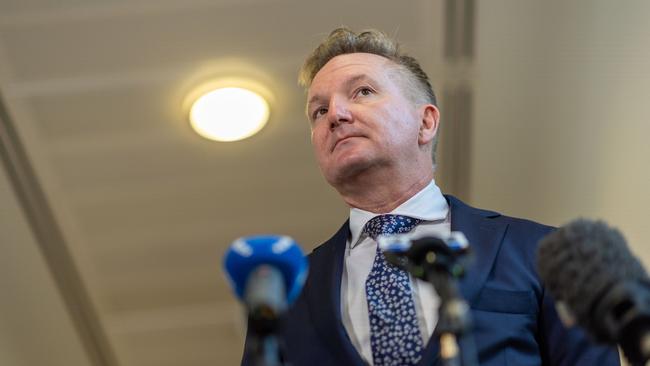
If asexuality were indeed your normal disposition, as opposed to an occasional respite, surely you would hardly stand out from the crowd or demand any special consideration. Alas, the asexual have emerged as another official category of orientation for whom, apparently, we must make allowances.
And governments oblige.
The Tasmanian Liberal government has been hailed by lobby groups for being the first to expand the LGBTIQ+ acronym and programs to include asexual, aromantic and agender; so now it is LGBTIQA+ that will adorn official publications. Never mind that the + is supposed to cover anyone, everyone and all variations.
It seems inclusion includes everyone except heterosexuals; although heterosexuals who are uninterested in sex might now be covered as asexual. Perhaps we should add TA for the temporarily asexual.
That governments waste their time and money on this stuff is simultaneously hilarious and disturbing. They cannot balance budgets, provide affordable electricity or stage a Commonwealth Games but they can dip their lids and throw money at every fashionable cause.
Tasmanian Community Services Minister Nic Street said this was all part of the government’s “vision for an inclusive community” and that the addition to the acronym “ensures that asexual, aromantic and agender communities have greater visibility, representation and support”.
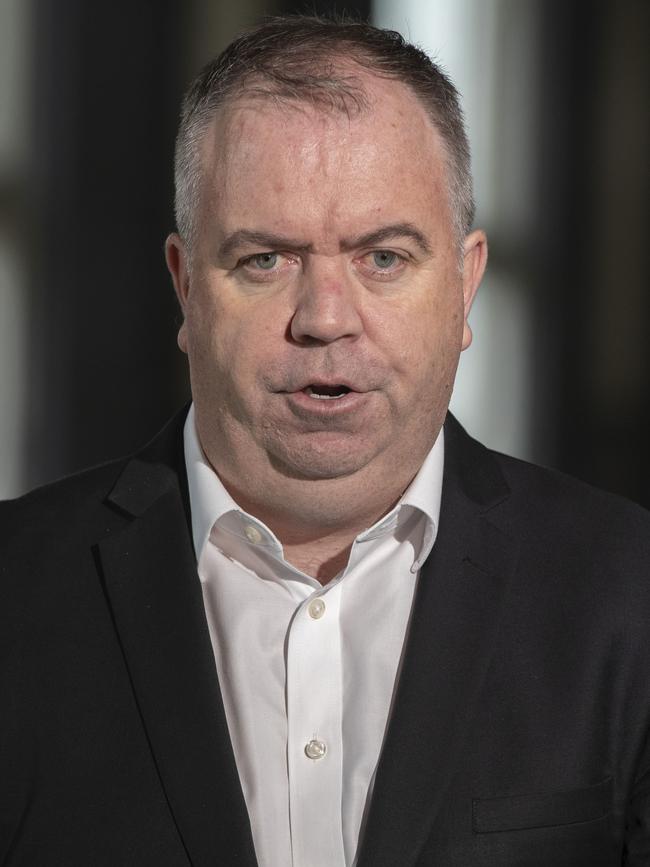
Just what visibility, representation or support is required remains unclear to most of us, I am sure, as would the distinction between agender, transgender, non-binary and intersex.
Most taxpayers, surely, would believe we have had enough of this. Little wonder governments increasingly are not trusted or taken seriously.
When a government can spend $1bn not to build a tunnel, boast about locking down citizens for longer than any other place in the world and fail to apologise for having people arrested for not wearing masks, breaking curfews or dissenting over draconian laws, we should not be surprised at anything it does.
Victoria’s Andrews Labor government, we should not forget, wanted to pursue its global infrastructure pact with China but could not make good on its Commonwealth Games contract.
The more power and money we give governments – and we’ve never given them more of either – the less concerned they seem to be with the truth and their basic responsibilities. State and federal governments, for instance, are committed to net-zero emissions by 2050 and a renewables-plus-storage model for our electricity grid even though it has never been done before and the International Energy Agency says it is not possible with current technology.
This aversion to facts and denial of reality is astounding but has become par for the course.
This week federal Climate Change and Energy Minister Chris Bowen listed five reasons he opposed nuclear energy – expensive, slow to build, unproven, inflexible and too much waste – but each of these applies right now to the cripplingly expensive, decades-long, untested and unreliable transition to renewables that is already producing vast amounts of troublesome waste in the form of wind turbine blades, used solar panels and expended batteries.
The more we invest in renewables and the higher our power prices soar, the more Bowen tells us renewable energy is cheapest. His skiting will not be deterred by our lived reality.
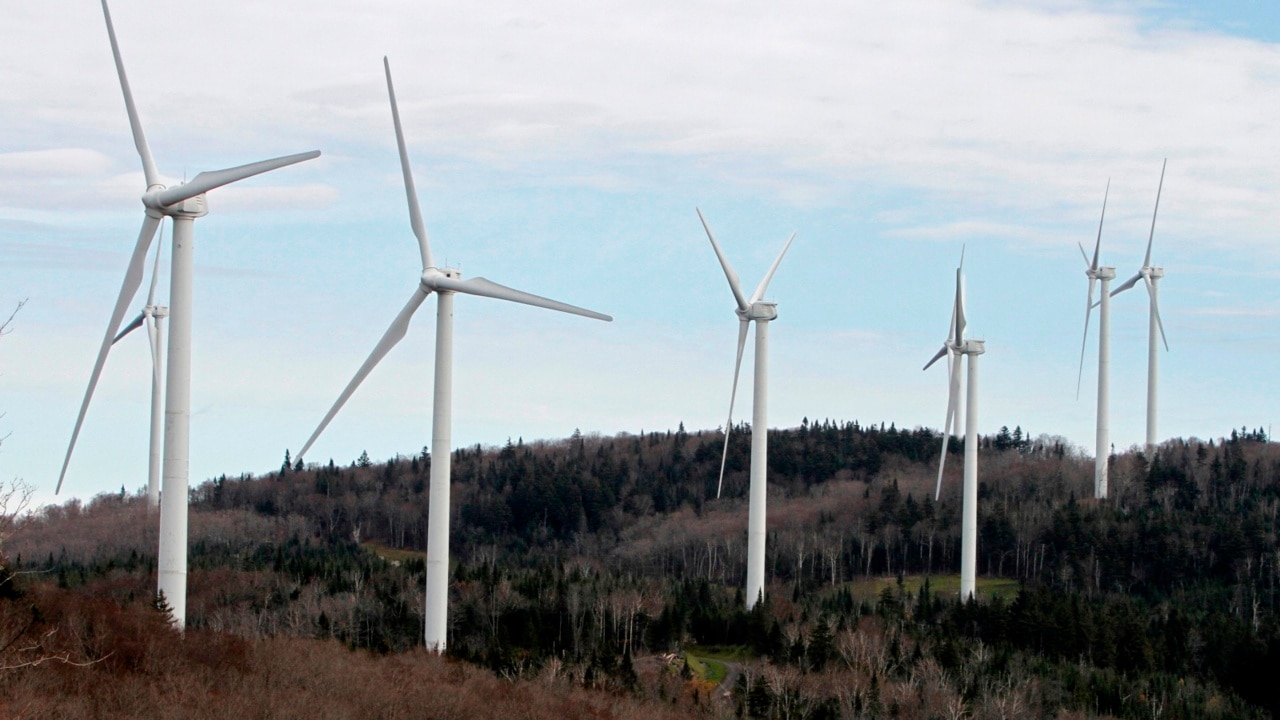
My local council has dithered for more than a year as our neighbourhood has lobbied for speed humps in a laneway to improve safety, but it has managed to ban the installation of gas appliances in new homes. Here is a local government failing to attend to the suburban issues for which it is responsible but acting against gas under the delusion that it can save the planet. When so many people cheered governments for telling us to stay home or wear masks, I guess we should not be surprised that councils now dictate choices of cooktops or home heating. Yet these same councils constantly fail to approve the urban consolidation that would relieve our housing crisis and reduce energy demands.
These are all variations on a theme. Governments constantly interfere in our lives, and they are driven more by sanctimony and virtue signalling than practical reality. Facts matter little to them.
The past few years have taught us a couple of things that should worry us to our core. We have never had more government involvement in the way we live our lives, and we have never had more reason to doubt the word, motivation and capability of governments. Yet now the federal government wants more control over the information we access. It wants to impose more censorship.
The Combating Misinformation and Disinformation Bill will give the Australian Communications and Media Authority greater scope to impose rules on the digital giants to take down (censor) misinformation or disinformation. The bill defines this as information that is “false, misleading or deceptive” and is “likely to cause or contribute to serious harm”.
Who could be opposed to this, I hear you say – surely none of us wants falsehoods and harmful information disseminated? Fair enough, but who will decide what is false, or deceptive, or harmful?
In short, governments will. And that is perilous.
This proposal must not stand. Much better we put up with all sorts of wild information online, relying on people to sort the wheat from the chaff, than we hand over more control of information to government.

If anyone needs convincing on this crucial stand for free speech, they only need consider what happened during the pandemic. As I have revealed in these pages previously (thanks to dogged Freedom of Information applications by maverick Liberal senator Alex Antic) the government secretly censored online Covid posts for three years during the pandemic.
Antic has continued to pursue this issue, which should be a major national scandal. We now know a lot more about what sort of information was censored.
Under this secret arrangement taxpayers paid an Australian arm of the global M&C Saatchi communications empire more than $1m to monitor digital communications and alert the Department of Home Affairs to posts the government might want taken down, in which case the department asked platforms such as Facebook and Twitter to remove them, using the digital companies’ own content guidelines as the pretext. More than 4000 interventions were made and now Antic has obtained a spreadsheet detailing each of them. It is extraordinary and alarming to see the factual, arguable and reasonable social media posts the government censored.
First, as you would expect, many of the targeted posts were indeed nutty and dangerous; people promulgating theories the virus was not real, and the vaccines were designed to kill people, and so on. This is the sort of stuff we would expect to be tackled.
But all manner of other factual and reasonable material was censored. This was a secret stifling of proper debate and crushing of dissent over crucial government actions.
On April 23, 2021, for example, the government asked for the removal of an Instagram post “claiming the Covid-19 vaccine does not prevent Covid-19 infection or transmission” on the basis that this was “potentially harmful information”. Yet, as we know, this post was correct, and it was more accurate than what the government was telling us at the time.
In the same month the government asked for the deletion of a Twitter post claiming “Covid-19 was released or escaped from the Wuhan laboratory in China and was funded by the US government” on the basis that the tweet was “false or misleading” and could “invoke a deliberate conspiracy by malicious or powerful forces”.

Again, the obvious problem here is that it is most likely the virus did originate from the Wuhan Institute of Virology and, as we know, the US government did contribute funding to some WIV research.
Other censored posts claimed that “lockdowns were ineffective” or railed against mask mandates, both positions supported by leading epidemiologists then and now.
Posts were censored because they encouraged “civil disobedience”, including an Instagram video where someone apparently was shown shifting social distancing signs so they could no longer be seen. Many posts encouraging protests against lockdowns and mask mandates were taken down.
Much of this censorship did not protect the public from misinformation. Rather, it protected the government from dissent and suppressed sensible discussion of the facts. It is frightening that this occurred and perhaps even more terrifying that there is so little reaction now it has been exposed.
Four decades on from 1984 we know that governments will control information and mislead populations with impunity, even in liberal democracies.
Knowing this, it seems inconceivable that we would allow the political class to give itself even broader powers to impose more censorship across other issues; perhaps climate, energy, immigration, sexuality or economics.
Yes, in the digital age it is becoming increasingly difficult to sort facts from fake news, but we must not let governments set themselves as the arbiters.
We need to say no to giving government more control over media information and public debate, while we still can.


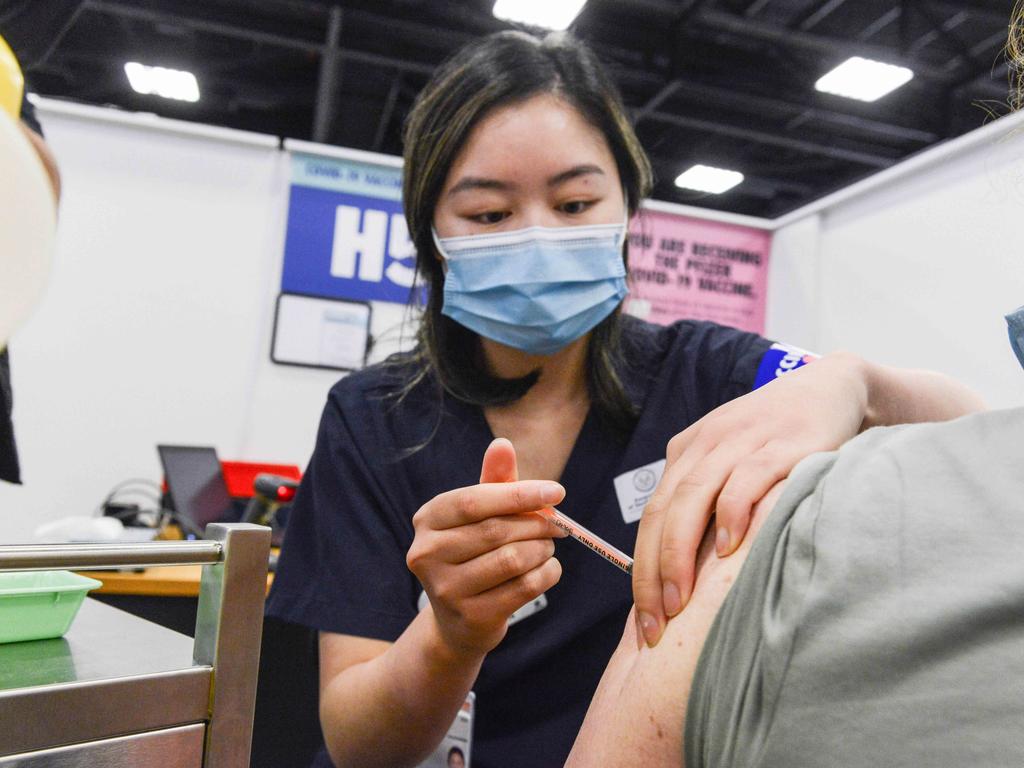

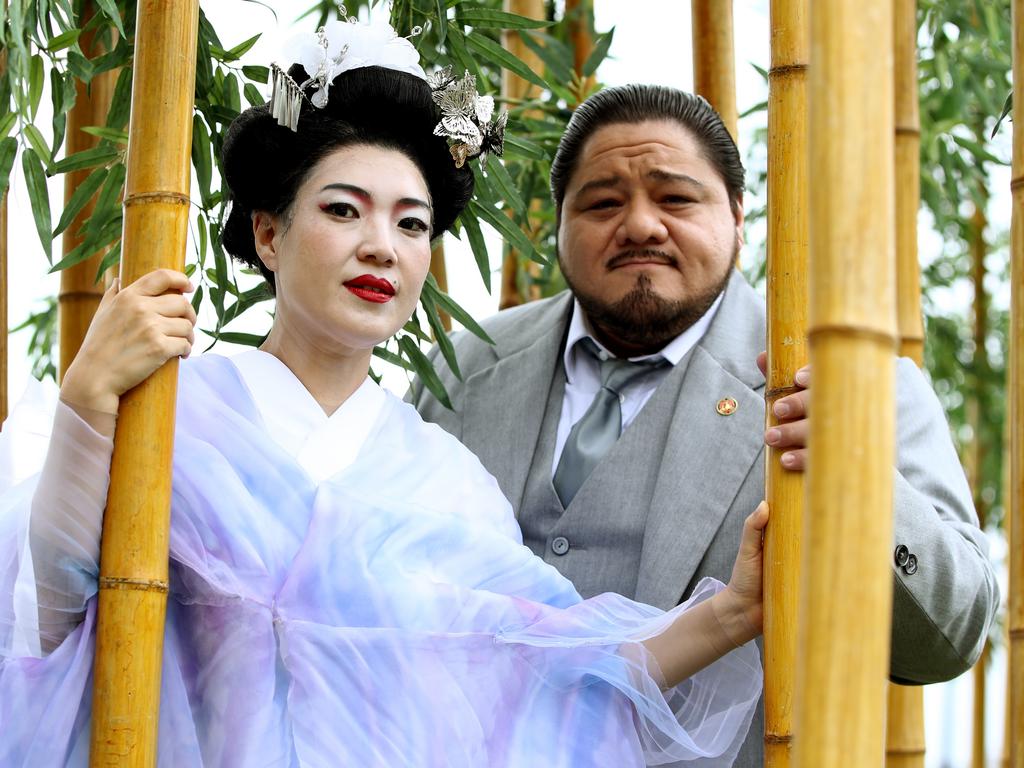
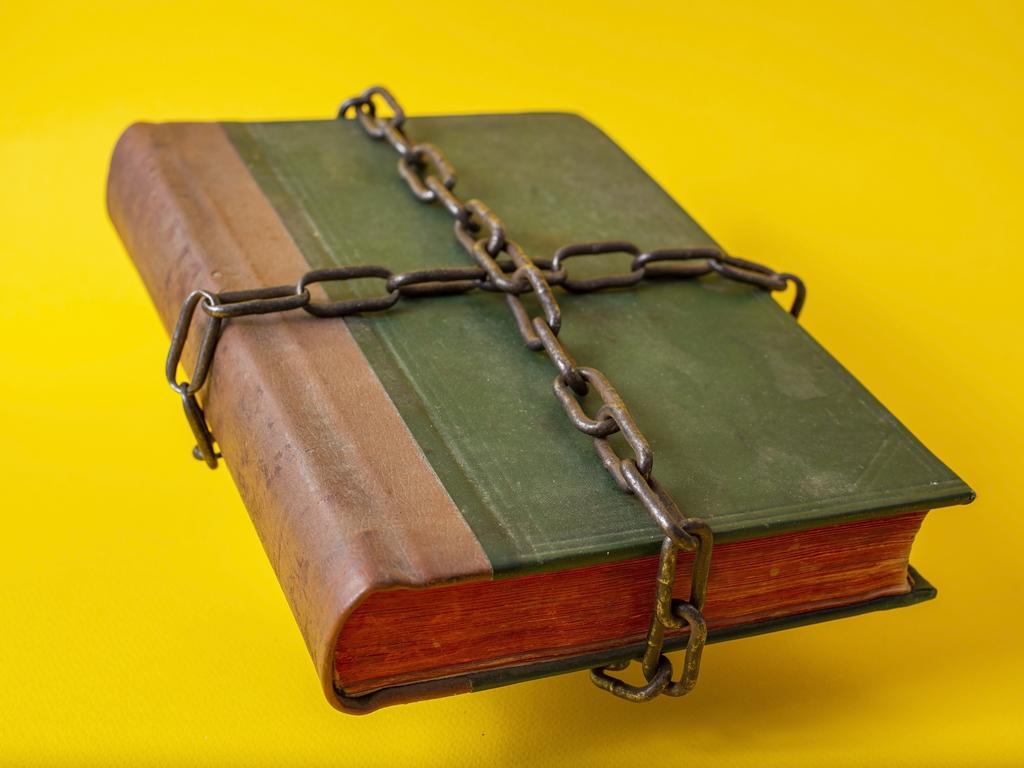


Surely the asexual and aromantic will inherit the earth. Just imagine the cerebral bandwidth freed up by losing any preoccupation with matters of the heart or loins.